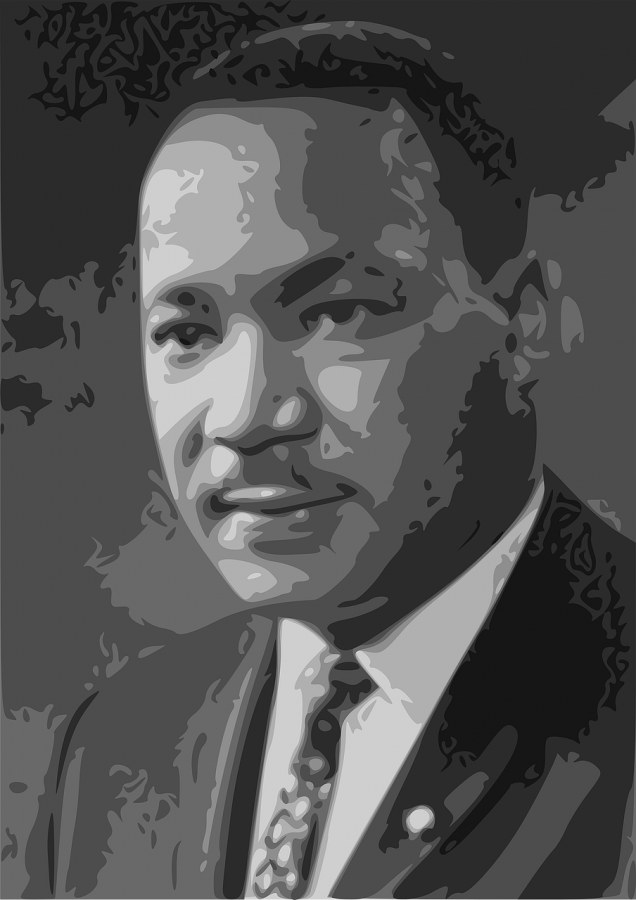Theatre program returns to “The Mountaintop”
February 26, 2018
Last summer, UNA Theatre brought the story of civil rights leader Martin Luther King, Jr’s final hours to the stage.
Now, in honor of Black History Month, Charlton James, associate professor of entertainment industry, returns to the director’s chair, carrying both new and returning elements to “The Mountaintop.”
The production occurred Feb. 23-25 at the George S. Lindsey Theatre, with a sold-out audience to bid it farewell on its final show.
The play follows the fictional account of King’s conversations with maid Camae in Room 306 at Memphis’ Lorraine Motel on April 3, 1968, the day before his assassination.
James said he decided to direct the show again after Carmen Burkhalter, dean of the college of arts and sciences, suggested the idea of having it during Black History Month.
Taking on the role of King this year is vocal performance alumnus William Wade, who students may recognize from his acting and singing in UNA’s Opera/Musical Theatre and Theatre productions.
“It was an honor, and it was chaotic at the same time because it’s Martin Luther King, and he’s such an idol for a lot of people,” he said. “I needed to make sure that I held up to the standard, and I wanted to make sure that I respected who he was about and what people would need from me for being him.”
Like theatre alumnus Michael Baldwin’s portrayal of King last year, Wade continues to bring out the side of the reverend the public was unaware of, as he smokes, goes against his diet and flirts with Camae.
However, he puts his vocal talents to use with trying to sound hoarse (since the play references this) and achieving the shouts of a preacher when talking about his visions of “the promised land.”
But, while King is the star of the show, he is only half of the entertainment.
Sophomore Destini Croom returns as Camae, the sassy but understanding maid with a secret.
Croom said it was easy to take on the role again because the character had influenced her life after last year’s show.
“I really loved Camae,” she said. “In a really weird way, after we did it in the summer, I learned a lot from here. I would like to say some of my newfound confidence that I got came from doing that role because I’ve never done anything to where I’m that outgoing and that out there.”
Croom said she tried to outdo her last performance by changing her delivery of certain lines and mannerisms.
James said the play’s message remains strong today because the work started by King is not finished.
“(The play) doesn’t really offer a big solution other than we’ve got to pick up where Martin Luther King left off and continue the work,” he said. “It hits people in a place that makes them realize that we’ve got to keep talking about this. There’s still more work to be done, and we’re the people that’s got to do it.”












